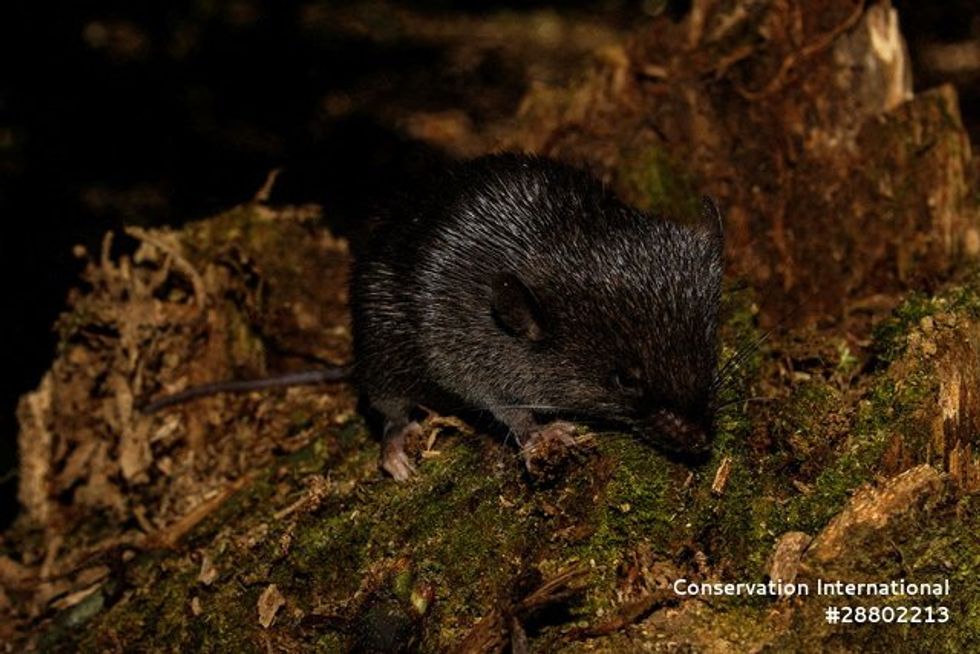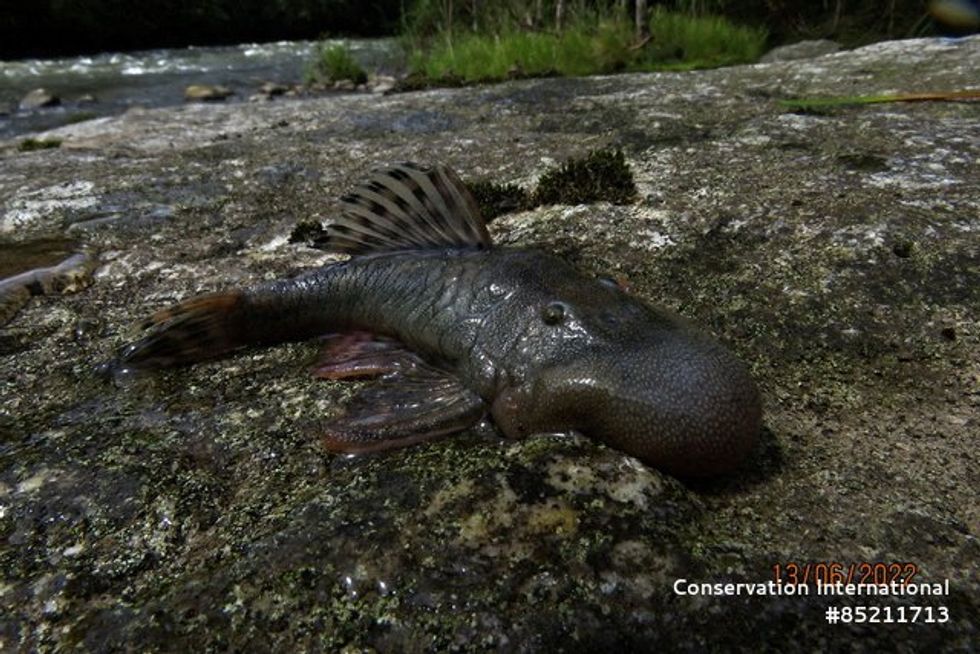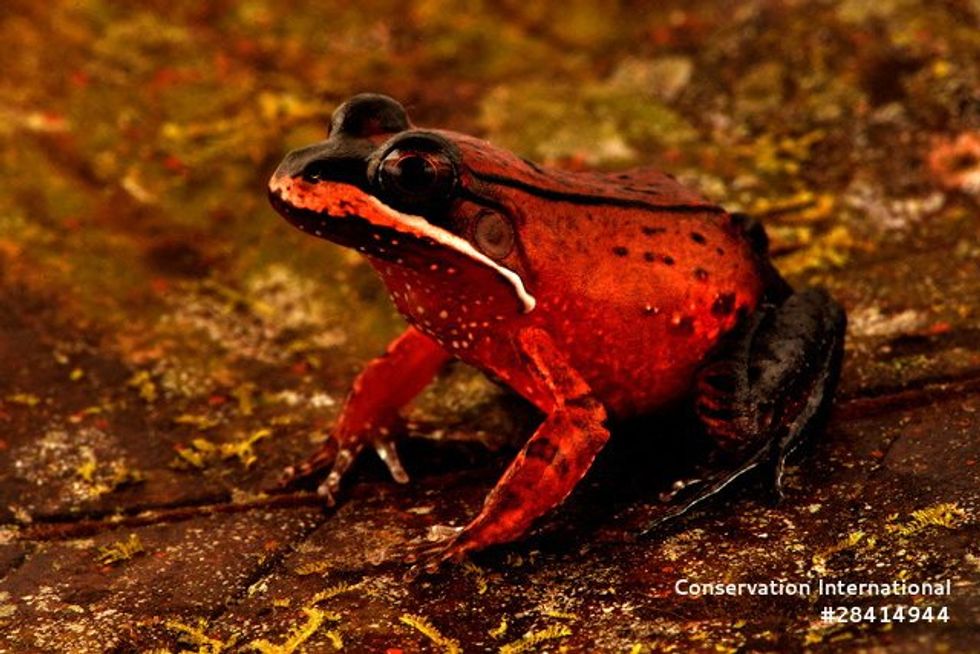Gregory Robinson
Dec 20, 2024
Mouse staring at person in Houston, Texas
ViralBear - Vertical / VideoElephant
Scientists have discovered 27 never before seen animal species including the a new amphibious mouse.
The unusual discoveries were found by researchers exploring the Alto Mayo region of north-west Peru. Over a survey lasting 38 days, the team recorded more than 2,000 species of wildlife and plants.
Due to the region’s high population of humans and significant human activity including deforestation and agriculture, the findings are considered very unexpected.
The new species discovered include four mammals, a semi-aquatic mouse, a spiny mouse, a short-tailed fruit bat, and a dwarf squirrel.

Dr. Trong Larsen, senior director of biodiversity and ecosystem science at Conservation International’s Moore Centre for Science, said the discovery of the amphibious mouse in particular was “shocking and exciting”.
“It belongs to a group of carnivorous, semi-aquatic rodents, for which the majority of species are exceedingly rare and difficult to collect, giving them an almost mythical status among mammal experts,” Larsen told The Guardian. “We only found this amphibious mouse in a single unique patch of swamp forest that’s threatened by encroaching agriculture, and it may not live anywhere else.”
A tree-climbing salamander and a “blob-headed fish” were also found in the area. “The function of this ‘blob’ remains a complete mystery,” Larsen said.

“If I had to speculate, I might guess it could have something to do with sensory organs in the head, or it may assist with buoyancy control, provide fat reserves or aid in its foraging strategy.”

The survey was conducted in June and July 2022. It also helped document 49 “threatened” species. Among the new discoveries were a new species of narrow-mouthed frog, 10 new butterflies, and two new dung beetles. Analysis is underway to determine if another 48 species found are new to science.
It is hoped that the findings help to encourage conservation efforts.
How to join the indy100's free WhatsApp channel
Sign up to our free indy100 weekly newsletter
Have your say in our news democracy. Click the upvote icon at the top of the page to help raise this article through the indy100 rankings.
Top 100
The Conversation (0)














